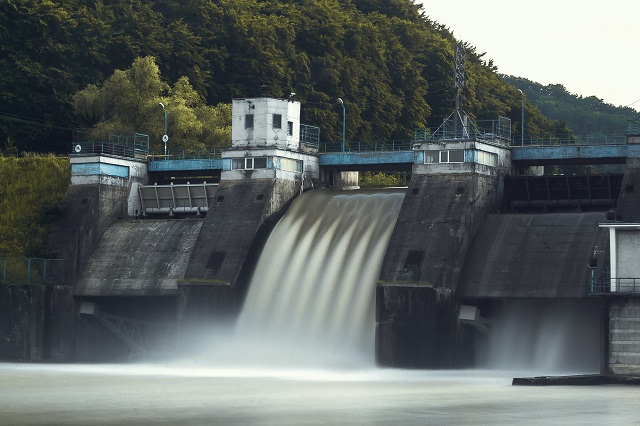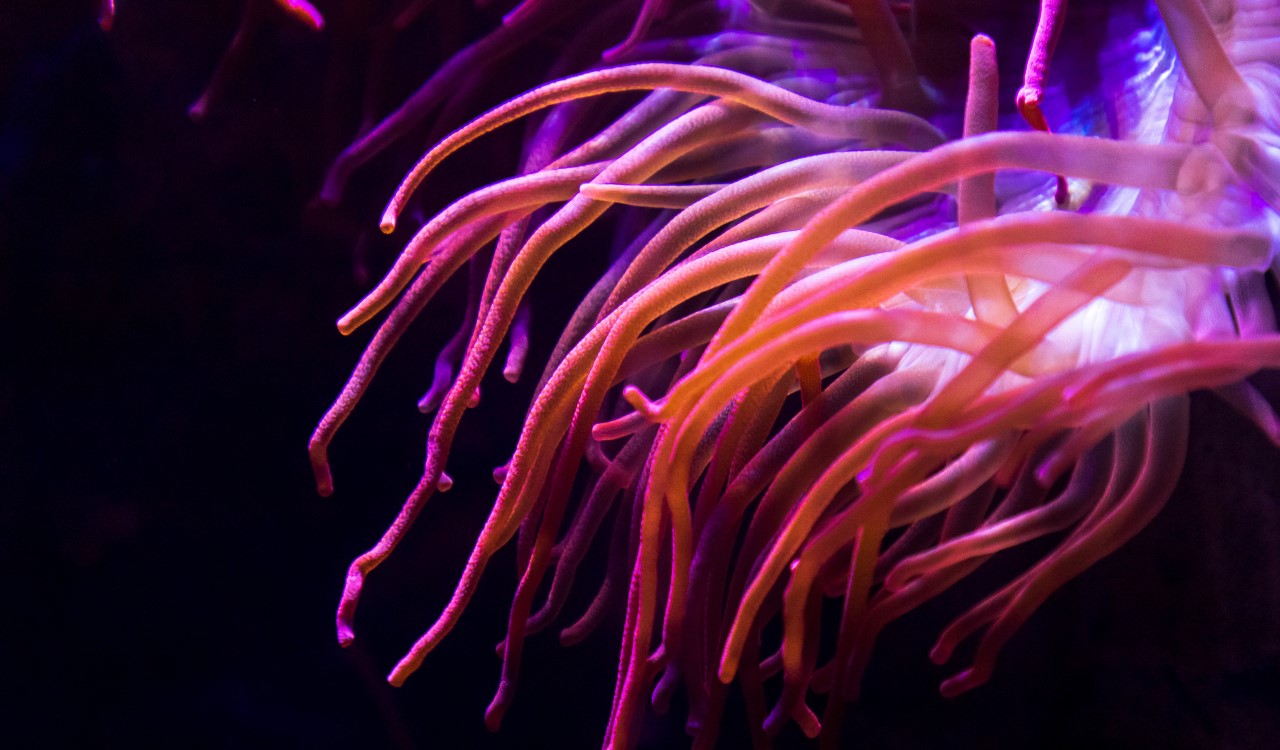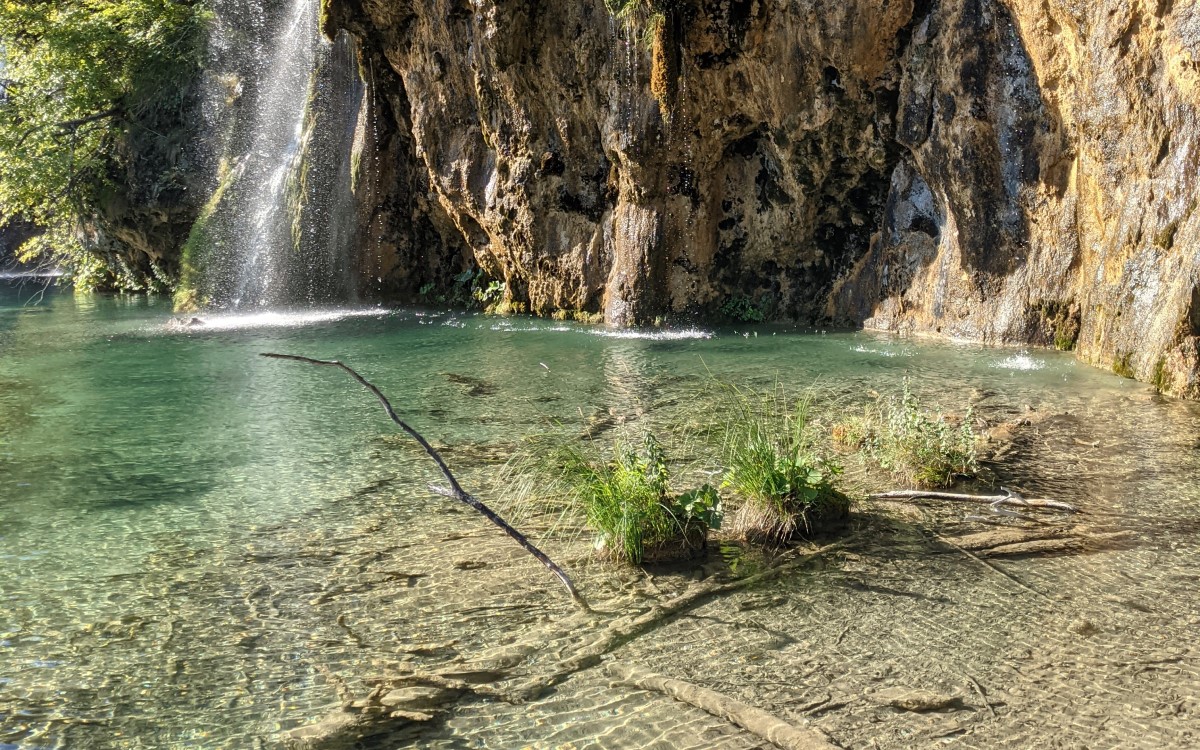River ecosystems are frequently fragmented by dams and weirs. As a result, native fish are often restricted in their movement along the river course and are unable to colonize new habitats. Thus, barriers impede native species from adjusting their distributions in response to the effects of climate change such as changes in water temperature and quality.
On the other hand, river fragmentation might also limit the further spread of invasive alien species. Using the Ebro River in Spain as an example, the research team has investigated how habitats of native and alien fish species change under different climate scenarios and how dams mediate habitat accessibility.
"The Ebro River is particularly vulnerable and threatened by climate change and species invasions. In addition, the Ebro River is fragmented by over 300 dams and many smaller barriers, which makes it even worse for the native fish species", said Emili García-Berthou, Professor at the University of Girona and co-author of the study.
Native species partly disappear, leaving space for alien species
By applying a spatial modelling framework, the authors showed that losses of native species and gains of alien species and consequentially most pronounced biodiversity changes are particularly expected in the lower and mid reaches of larger Ebro River tributaries. According to their results, the majority of species are projected to shift their range in upstream direction with alien species such as eastern mosquitofish, wels catfish and common carp showing especially large habitat gains.
"The Ebro River system is home to several endemic species that exclusively occur on the Iberian Peninsula. These species are particularly imperiled by barriers that limit movements in response to climate change. Whether dams can effectively prevent the spread of alien species is questionable. In fact, the establishment of alien fishes is often facilitated by the changed flow and habitat conditions that result from damming rivers", said IGB researcher Johannes Radinger, lead author of the study. The results clearly show that fish communities in highly fragmented rivers affected by climate change will be particularly affected by biodiversity changes and species loss in the future. "Effective conservation of fishes should focus on the restoration of habitats and the natural flow regime, improvements of connectivity for native species and the control of alien species, particularly the prevention of further introductions", concluded the authors.
The publication of the whole study can be found here.




